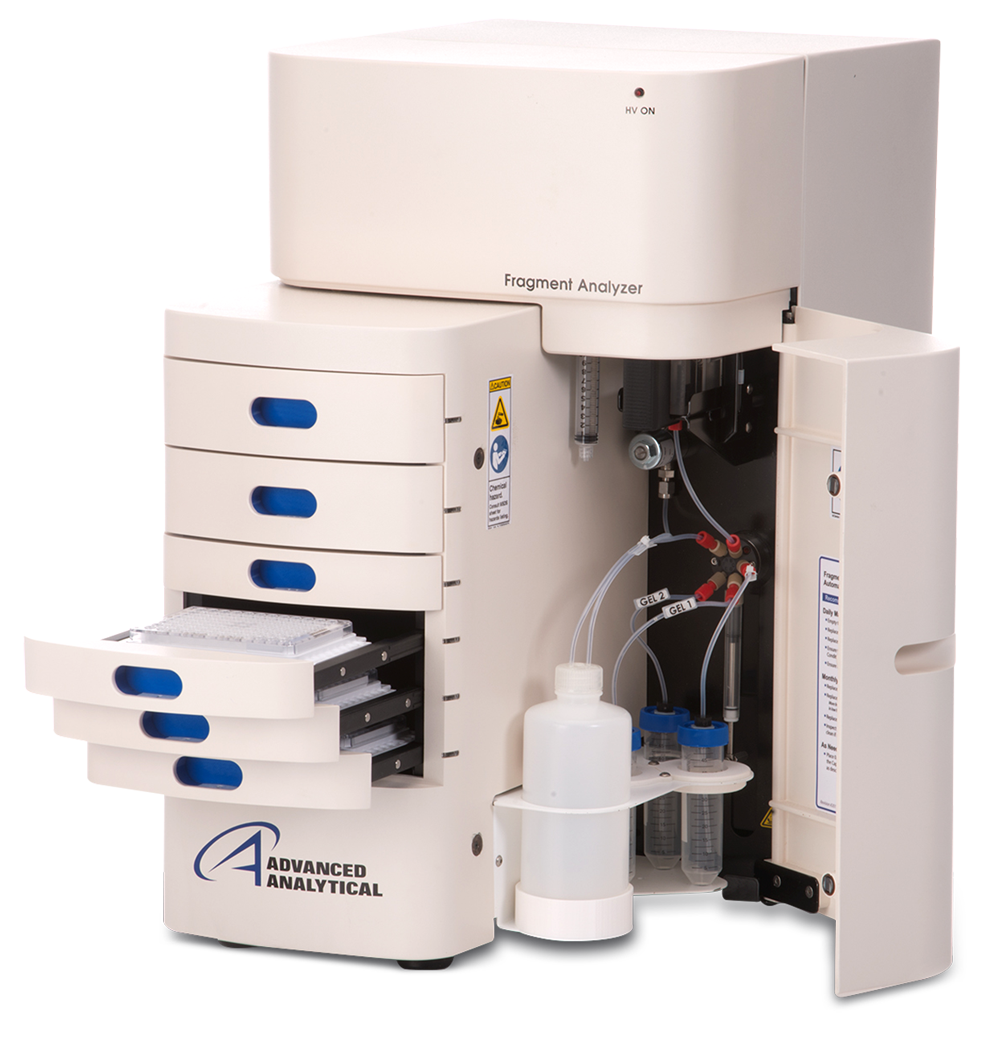Advanced Analytical, TTP Labtech Alliance Delivers High-Throughput NGS Library Prep Solutions

Complete the form below to unlock access to ALL audio articles.
TTP Labtech is a global leader in the design and development of automated instrumentation and consumables for life science applications. Advanced Analytical Technologies (AATI) is the award-winning manufacturer of Fragment Analyzer™ and FEMTO Pulse™ automated systems for nucleic acid sizing and quantity analysis. The Fragment Analyzer INFINITY™ model integrates within robotic cells for complete 24+ hour automation. The companies have signed a co-marketing agreement to support joint solutions that miniaturise and optimise high-throughput next-generation sequencing (NGS) library preparation workflows.
The new NGS methods, published by Stanford researchers in Cell (Loh and Chen, et al., 2016) and Nature Scientific Data (Koh and Sinha, et al., 2016), combine the versatile TTP Labtech mosquito® automated low-volume liquid handlers with Advanced Analytical’s Fragment Analyzer™. The approach overcomes challenges associated with high-throughput single-cell sequencing. Combined use of the mosquito and Fragment Analyzer systems enables scale with cost-efficiency, accuracy, and precision.
Rahul Sinha, PhD, Prof. Irving Weissman Lab, Stanford University, said: “This semi-automated, robust SMART-seq2 workflow for single-cell RNA-seq has reduced our hands-on time from two weeks to a couple of days, while increasing the accuracy and lowering the cost. The AATI Fragment Analyzer and TTP Labtech’s mosquito X1 and mosquito HTS have been essential for this new workflow.”

The Stanford team’s mapping of stem cell differentiation along multiple mesodermal lineages required preparation of miniaturised RNA-Seq libraries from nearly a thousand single-cells, a demanding task that would have been difficult to achieve without high-throughput instrumentation and nanolitre-scale liquid handling. TTP Labtech’s mosquito liquid handlers leverage precise and accurate true-positive displacement technology. The mosquito X1 and HTS were used to prepare input plates for the Fragment Analyzer, automate cDNA normalisation and generate low-volume Nextera® XT sequencing libraries in 384-well format. Efficient and accurate quantification and quality analysis on the AATI Fragment Analyzer was essential for the large-scale scRNA-Seq application.
Jonathan Hagopian, PhD, Director of Business Development at Advanced Analytical, said: “This partnership with TTP Labtech is enabling high-throughput NGS discovery with robust miniaturisation and accurate quantification on the Fragment Analyzer. The low-volume liquid handling capabilities of the mosquito also empower novel applications with ultra-sensitive analysis on our new FEMTO Pulse system.”
Klaus Hentrich, Genomics Product Manager at TTP Labtech, added: “Precise nanolitre scale liquid handling combined with accurate high-sensitivity quantification is key for miniaturising NGS library prep. TTP Labtech and Advanced Analytical instruments, together, provide powerful cost-effective genomics workflow solutions.”



